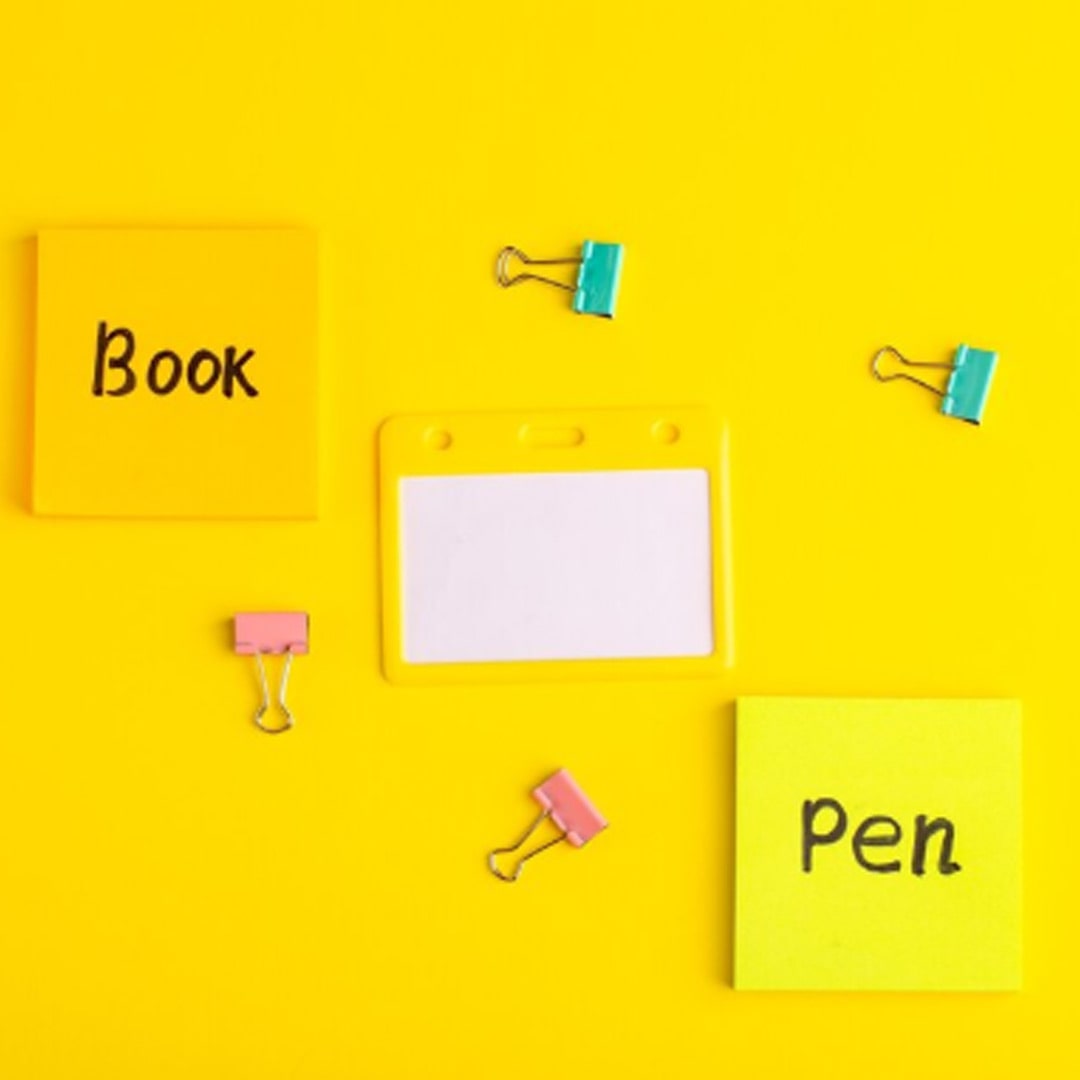Please enter the code we just sent to whatsapp 91-11-46710500 to proceed
Didn't Receive OTP?

English is a language which helps us to communicate and express our feelings in a proficient way. There are different parts of the English language which need to be worked upon and practised and Articles is one among them. A kid having English as a second language might feel that it is a difficult nut to crack but once we follow certain rules and understand the exceptions of using articles, we can easily make sentences without mistakes.
Articles being an important part of the English language, today we will learn about the basic rules about it.
Let's discuss rules and exceptions of articles for class 6
There are three main articles in the English language - “a”, “an”, and “the”. These articles are used in the sentences before nouns.
Example - “The cat is sitting under the table.”
This sentence has “the” table and it means that the specific table is being talked about.
There are two types of articles-
1. Definite (the)
2. Indefinite (a, an)
Definite Article - ‘The’ is the definite article. It is used to identify any particular object, place, person or thing. It is used before singular nouns, plural nouns and uncountable nouns.
Example- The book. The sun, The table, The playground
Indefinite Article - “A” and “An” are indefinite articles which are used for a noun that is general and non-specific. It can be a part of any group or category. It is used for introducing the noun.
Example - A guitar, A tiger, An umbrella, An egg, An idea
There are few rules we need to follow in order to apply the correct use of articles and they also should be aware of exceptions.
Rules for Definite article:
1. Before a noun that denotes a specific thing, person, or place, an indefinite article should be used, it can be singular or plural.
Examples - The leopard jumped on the hunter.
2. For the unique and universal objects, use the indefinite article ‘the’.
Examples - The sun is a star.
The earth revolves around the sun.
3. When we know the subject and we can identify a particular object or person, use the indefinite article ‘the’.
Examples- The groceries have been delivered.
4. To represent a group of people or an entire class, we can use “the”.
Examples - The pride of lions was on the hunt.
5. “The” is used for defining geographical points-
Examples: The North Pole
It is hotter in the south.
6. To represent oceans, countries, island groups, canals, lakes, rivers, mountain ranges and areas, we can use “the”.
Examples- The Arabian Sea, The Alps, The Bible, The U.K.
7. To represent ordinal numbers and superlative degrees of adjectives, we should use “the”.
Examples - The first edition of the book was published in March.
The best student award was given to the head girl of my school.
8. To represent the famous holy books, historical events, famous buildings, newspapers, ships etc., we should use “the”.
Examples - The Titanic sank in the North Atlantic Ocean.
The Indian Museum in Kolkata is the biggest museum.
9. Use ‘the’ with clauses that start with ‘only’.
Examples - February is the only month which has 28 days.
10. To represent months, musical instruments, political parties, body parts etc, we should use “the”.
Examples - The guitar, The Congress party
11. To represent proper nouns, material nouns, or abstract nouns, we should use “the” before
Examples - Mahesh is the Shakespeare of our reading club.
1. Do not use ‘the’ before country names, unless they include the words ‘states’, ‘kingdom’, or ‘republic,’ or are in plural.
Examples
My uncle lives in the United States.
I am going to visit the Netherlands.
2. Never use ‘the’ for uncountable nouns.
Examples
Salt is a common household ingredient.
All members of my family love tea.
3. Never use ‘the’ with names of people, languages, shops, or meals.
Examples
I am going to Tiffany’s today.
I like to have dinner early.
4. Never use ‘the’ with names of single mountains, hills, lakes, or islands.
Examples - Lake Nakki, Mt Everest
1. to refer to something for the first time.
Examples - My aunt is a baker.
2. used before a consonant word or a vowel that has a consonant sound.
Examples
This is a storybook.
There is a university near my house.
3. Use before words that begin with a vowel (a, e, i, o, u), or any consonant with a vowel sound.
Examples
Mother boiled an egg.
Teaching is an honourable profession.
My father holds an M.Sc. degree.
4. Used to refer to numbers.
Examples - I want to buy a chocolate worth a hundred rupee
5. An article is used before a descriptive adjective.
Examples
This is a brilliant book.
Raju is a smart boy.
1. For referring to a plural noun.
Examples
There are squirrels in the garden.
My father always buys oranges.
2. When uncountable nouns are being talked about.
Examples
We do not eat rice.
Water is scarce in our state.
3. before proper nouns such as the names of people or places.
Examples
Anu is my best friend.
My sister’s name is Seema.
Articles are an inevitable part of the English language. By studying the concepts clearly, it gets easier for the kids to answer the right options.
Read more: English Grammar Nouns for Class 1
Read more: English Grammar Nouns for Class 3
Read more: English Grammar: Noun for Class 4 – A Simple Guide
Shape Your Kid's Future with Bambinos Classes | Bambinos.live India's No. 1 English Communication Platform For Kids | Click here to Book a Free Class Limited time offer.